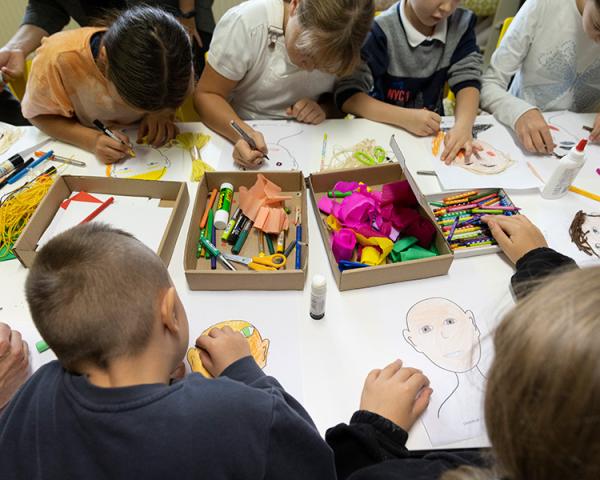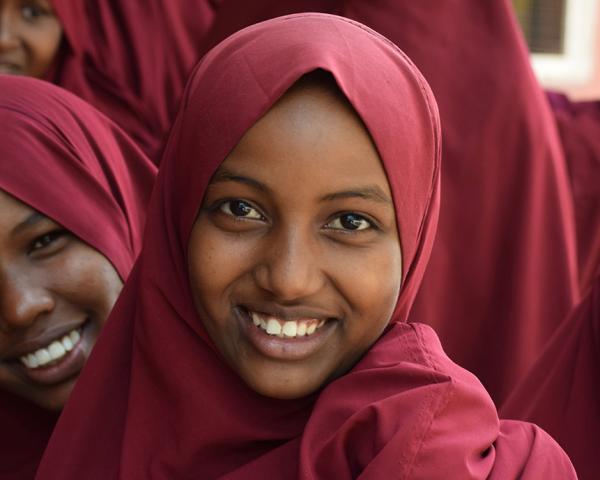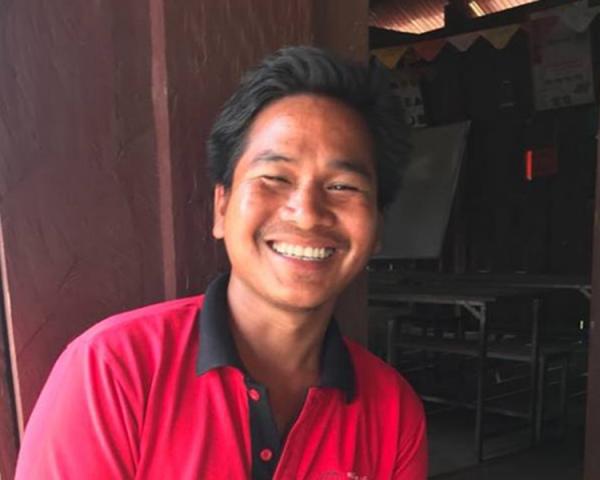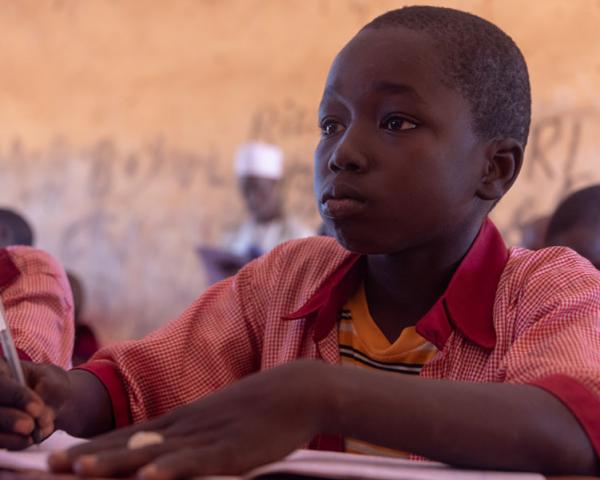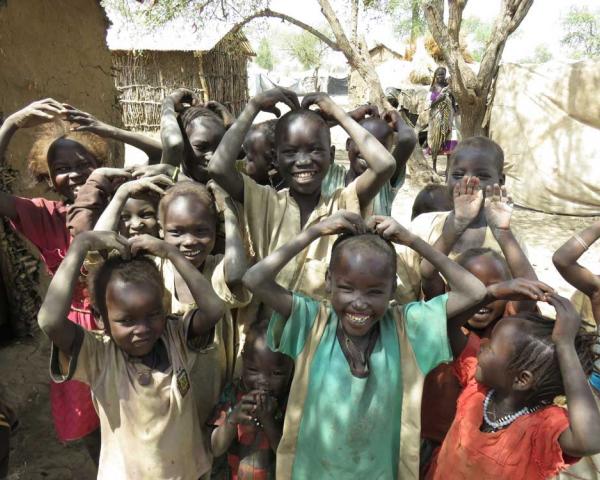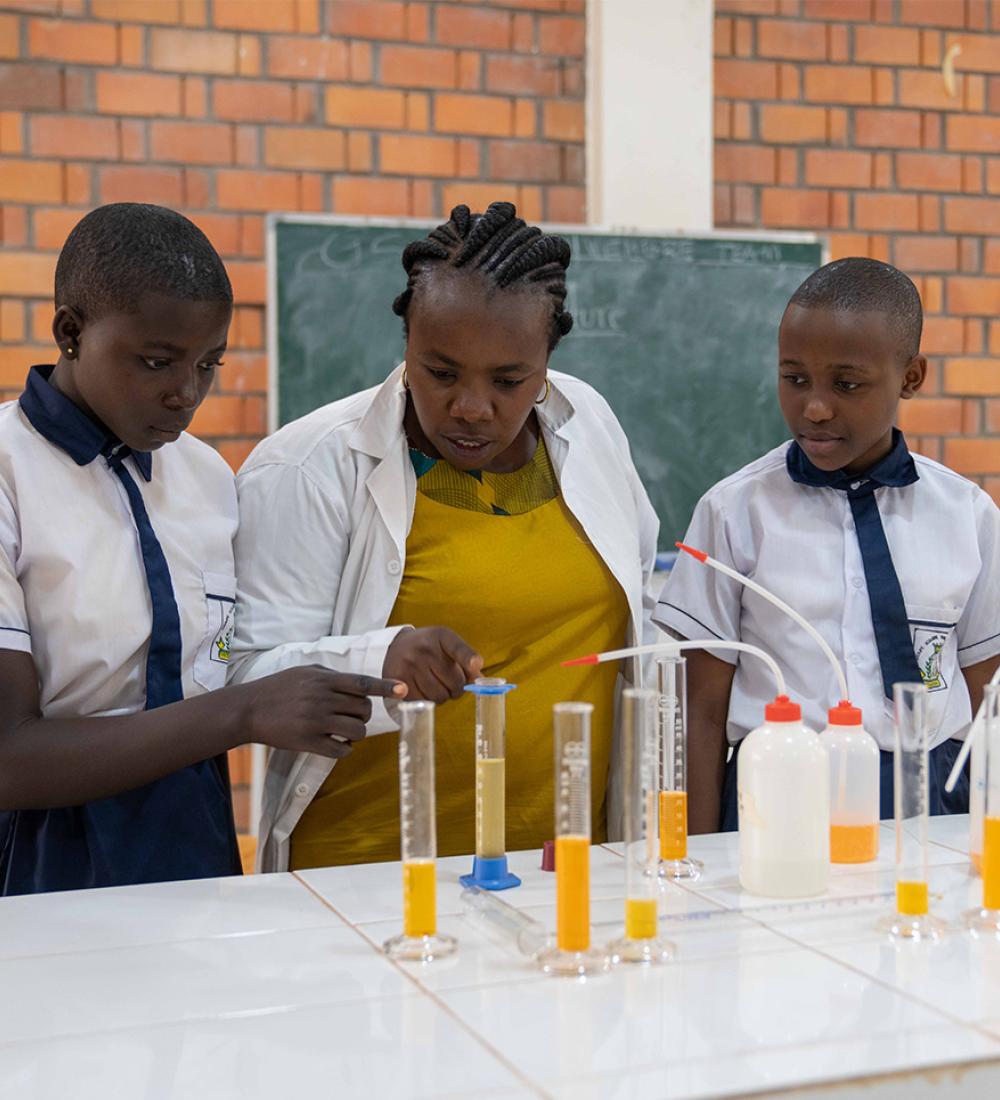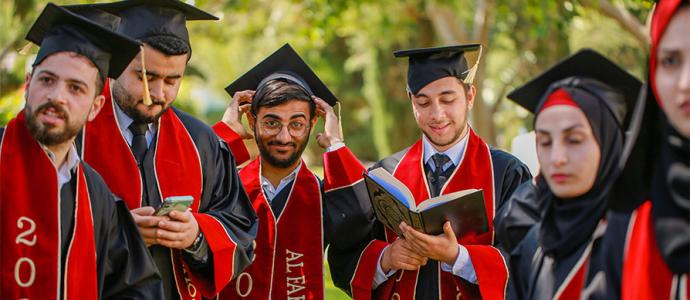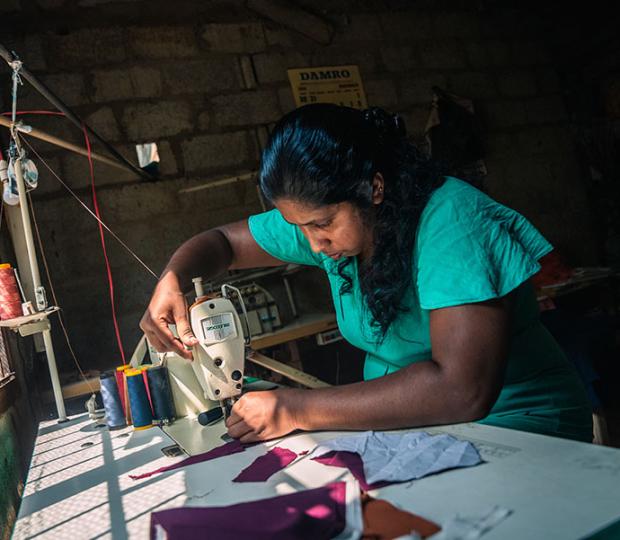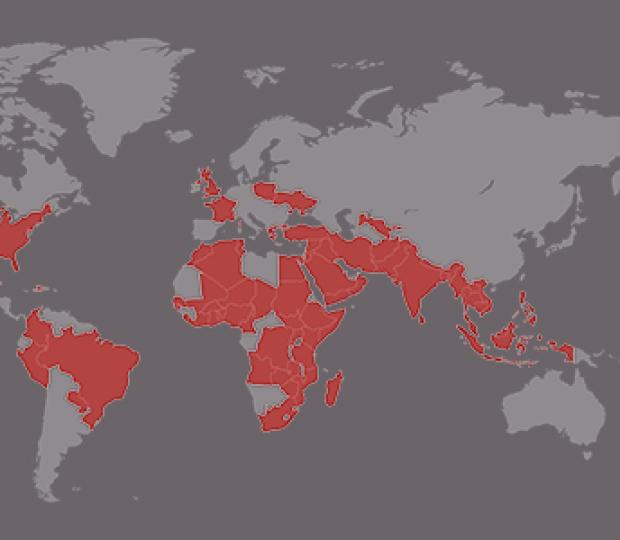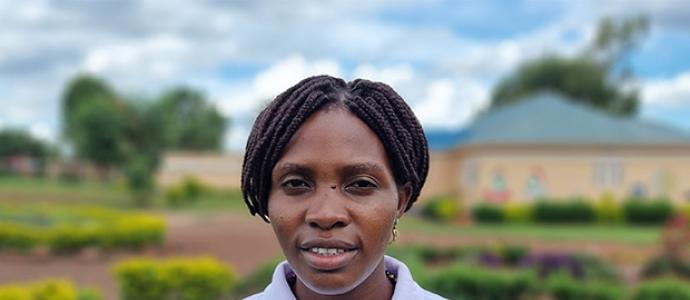Education Above All Foundation Holds Two UNGA 75 High-Level Virtual Side Sessions
Education Above All Foundation (EAA), in partnership with Qatar Mission, United Nations, Qatar Fund For Development (QFFD), UN Office for Partnerships and UNESCO, held a high-level virtual event on ‘Government and Foundation Partners Demonstrate Effective Cross-sectoral Collaboration to Meet SDG4 and Support the 2030 Decade of Action’ yesterday. The panel explored strategies to strengthen cross-sectoral dialogue among countries, organisations, foundations, and policymakers to accelerate progress towards the global education goal (SDG4).
A side session to the 75th meeting of the UN General Assembly (UNGA 75) in New York, the event brought together representatives from government and non-government sectors interested in philanthropic contributions to the 2030 Agenda for Sustainable Development. The event discussed ways in which to enhance collaboration among vital actors and institutions engaged in education, development and humanitarian responses to accelerate country progress on SDG4 to ensure inclusive and equitable quality education and promote lifelong learning opportunities for all’ and other related SDGs.
High-level panellists included H.E. Mr Khalifa Jassim Al-Kuwari, Director General, Qatar Fund for Development; Ms Stefania Giannini, Assistant Director-General for Education, UNESCO; and Ms Annemarie Hou, Executive Director a.i. UN Office for Partnerships and Senior Communications Advisor, Office of the Secretary-General, United Nations; among others. The CEO of the Education Above All Foundation delivered the closing address.
Qatar's Permanent Representative to the United Nations, H.E. Ambassador Sheikha Alya Ahmed bin Saif Al Thani, said: “No single strategy can solve a complex challenge such as education. The 75th anniversary of the UN is another opportunity for us to realise the right to education - especially in conflict settings. When we work together, we mustn’t forget to place the right to education on the international agenda.”
H.E. Mr Khalifa Jassim Al-Kuwari, Director General, Qatar Fund for Development, stated: “We cannot aim to achieve access to quality education without addressing health, water and sanitation, poverty, child labour and other determinants of education. In the same token, if access to quality education is denied, other goals such as creating decent jobs, economic growth or poverty reduction will certainly not be met. Working together to jointly find solutions that are sustainable and durable and that recognize the interdependence of people, planet and prosperity is the only path to deliver on the promise of the 2030 Agenda for Sustainable Development and its SDGs."
Mubarak Al-Thani, Communication Manager and Head of Advocacy at EAA, said: “In a time when the COVID-19 pandemic has led to the largest ever disruption of education, we must remember that education is an integral part of human capital and development, as well as a driver and outcome of sustainable development. To achieve the 2030 Agenda, the collaborative efforts of governments and civil society partners across sectors is critical and will impact on the future of young people and countries’ development for decades to come, the session was a step in the right direction to achieve inclusive and equitable quality education for all and to fulfil targets across the SDGs".
Ms Stefania Giannini, Assistant Director-General for Education, UNESCO, said: "We have to act on the inequalities that go well beyond education. Cross-sectorial collaboration today is really a win-win situation. All the more so when health, nutrition, new technology have such an impact on learning. We need everyone’s talent and resources to adapt the system to be more resilient and put education at the centre.”
In 2017, EAA was appointed by UNESCO to fill the seat at the SDG-Education 2030 Steering Committee, representing foundations and organisations working to achieve the goals. By engaging foundations via this platform, EAA encourages the combined voices of all foundations and affirms the priorities of other stakeholders such as individual countries and civil society, ensuring action is taken and progress is made.
Earlier this week, EAA also held a virtual youth panel discussion on ‘Youth, the Citizens of Change and Action for Peace’ on the side-lines of UNGA 75 to encourage dialogue with global leaders, academics, grassroots activists and youth advocates on the role of youth as innovators, advocates and change-makers towards the SDGs. Delivered in partnership with Qatar Mission to the United Nations and Search for Common Ground (SFCG), the roundtable called for the protection of education from attack as part of EAA’s years-long commitment to the #UniteToProtect campaign, empowering youth to stand at the frontlines of policy-reforms and to become global citizens of change and action in their communities and beyond.
Maleiha Malik, Executive Director of PEIC Program said: "Across all EAA programmes, we are making strategic interventions to support young people. It is incumbent on us; it requires us to intervene to ensure young people have the agency to speak for themselves. A core part is not just global advocacy but also grassroots intervention for young people to become advocates for change – and specifically to speak for the protection of the right to education”
The UNGA Under the theme of ‘The Future We Want, the United Nations We Need: Reaffirming Our Collective Commitment to Multilateralism’, ran from 15-30 September, set amid a global public health crisis and the SDG Decade of Action. It commemorated the 75th anniversary of the United Nations and addressed some of the most crucial challenges in today’s world to inspire global collaboration and action.






